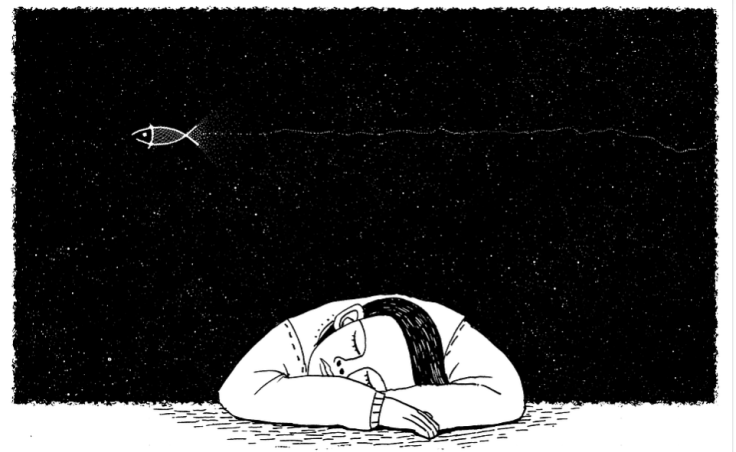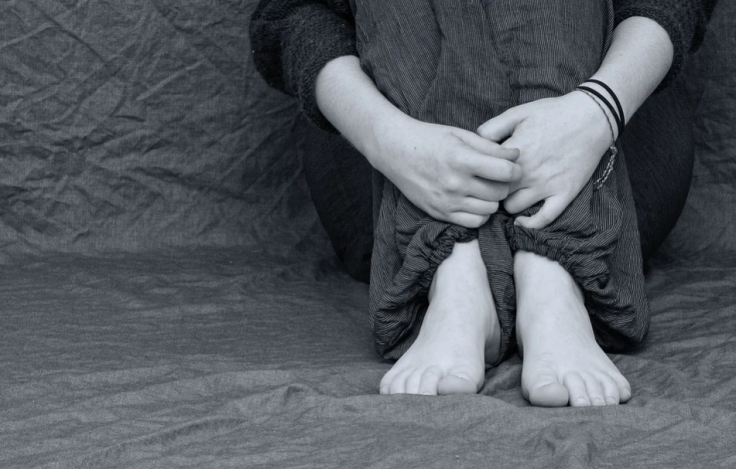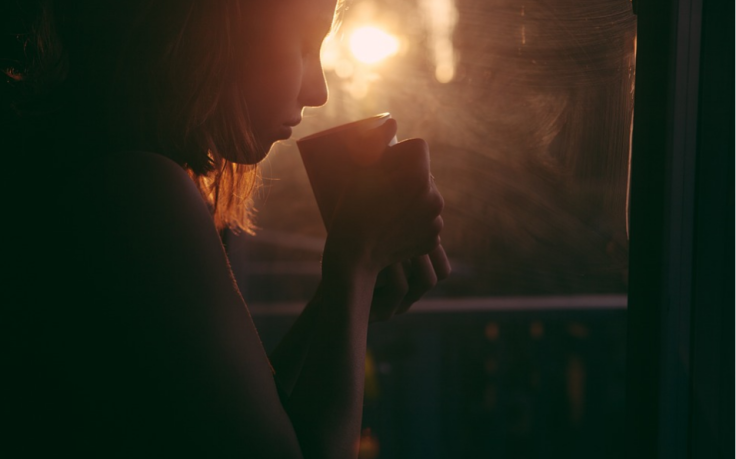Side Effects Of Melatonin: What Are The Risks And Natural Ways To Treat Sleep Disorder

Do you find yourself tossing and turning over at night unable to sleep? Noticed that you lack energy throughout the workday because you weren’t able to properly get rest the night before? If so, then you’re not alone, as it’s a common scenario that all of us have experienced, or still experiencing, in our lives.
In fact, statistics show that around 50-70 million adults in the U.S. have a sleeping disorder, and that number only climbed more last year because of pandemic anxiety and unease. Because of this, many resort to trying melatonin, a popular over-the-counter supplement used to promote better and deeper sleep. But is it always effective? And furthermore, is it always safe?

What are the risks of using Melatonin?
For starters, melatonin is actually a naturally-occurring chemical in the brain. Responsible for regulating your sleep-wake cycle or the so-called “circadian rhythm,” melatonin levels increase at night before going to bed, rise and fall while we’re sleeping, and then gradually go down by morning or sunrise.
However, because melatonin levels are different for each person, a synthetic version of it is available as a supplement, all of which promise better sleep at night. The problem is that because these supplements are considered dietary, they’re not tested for quality or safety by the FDA. This means that not only will you be unsure about how much melatonin each pill contains, you also won’t know what other ingredients are included.
Despite this, it’s still considered safe for short-term use. In fact, a report made by Business Insider revealed that because of COVID-19, consumers spent $825,559,397 on melatonin supplements last year, a 40% increase when compared to 2019’s sales. This is more likely because of depression, anxiety, loss of old routines, more screen-time and less exposure to sunlight.

Be that as it may, it still has some risks that you need to be aware of. Such risks and side effects include:
- Headaches
- Dizziness
- Vivid dreams
- Drowsiness
- Nausea
In addition to that, Mayo Clinic also states that other less common side effects include irritability, confusion/disorientation, mild tremor, anxiety, short-lasting bouts of depression, abdominal cramps, and abnormally low blood pressure.
In addition, melatonin supplements can also interact with medications for diabetes, contraceptives, anticonvulsants and anti-platelet drugs. It’s also important to know that your own melatonin levels can also determine just how effective the supplement will be. So where do you go from here?
Natural ways to treat sleep disorder
Thankfully, there are numerous natural ways that should help you get better sleep quality at night in addition to these melatonin supplements. So to help you reach dreamland much easier, here are some tried-and-tested ones:
1. Exercise
You’ve probably heard of this before, but it’s true that exercise really plays a big role in how good your sleep will be at night. This is because it’s known that moderate aerobic exercises can help boost the amount of slow wave (deep) sleep that you can get at night.
The catch is that you have to time it correctly. This is because exercising can also release endorphins, which are naturally-occurring chemicals that can help keep you awake. Because of this, it’s recommended to exercise early in the morning or to avoid it within two hours of bedtime. Not only will this help you sleep better, but also keep your heart pumping and make you healthier.
2. Drink up

This is another common, easy and natural way to help you sleep better at night. But not just any other drink, opt for warm milk or chamomile tea.
Though there isn’t much scientific proof that these nighttime drinks can help you sleep, their calming properties are still soothing enough to help you relax, which in turn, can help make you feel sleepy easier. Additionally, neither milk nor chamomile tea has any caffeine, which makes them better night-time drinks than coffee or alcohol.
3. Keep your room at the ideal temperature
Per the National Sleep Foundation, the optimal room temperature for sleeping is between 60 to 70 degrees. However, not everyone has a thermostat, so to help you achieve this more easily, wear breathable clothing at night (or even nothing at all) to help you doze off to dreamland quicker.
4. Listen to soothing music

Another easy way to help lull yourself to sleep is by listening to soothing and calming music while in bed. Per a report published back in 2015, listening to soothing music before going to bed may help improve your overall sleep quality.
But while you can easily opt for your usual earphones, you can also get ones specially made for sleeping, such as the bedphones by Moonbow. Designed by DubsLabs, these “disappearing” earphones are so-called because of their incredibly thin size, making it feel as if you’re not wearing anything while you’re in bed. What’s more, it can help you relax, block out snoring/sleep apnea, or even relieve tinnitus at night.
Infinitely adjustable and foam-covered for extra comfort, these bedphones will guarantee a good night, every night. Learn more about it here.
5. Sleep with a weighted blanket
If you don’t mind spending a few bucks, then investing in a weighted blanket can also do wonders for your disrupted sleeping patterns and insomnia. Therapeutic blankets that weigh anywhere between 5 to 30 pounds, weighted blankets mimic a therapeutic technique called deep pressure stimulation.
Providing pressure to relax the nervous system, weighted blankets can then help relieve pain, lessen anxiety, improve your mood and of course, help you sleep better. And while there are countless weighted blankets available on the market, our recommendation goes to the Moonbow All-Season Weighted Blanket.
Made with gridded double stitching to keep the glass micro-beads evenly distributed across your body and bamboo-infused polyester to keep you cool and regulated, this weighted blanket is sure to hug you all night long. Learn more about it here.
6. Stick to a regular bedtime routine

Last but not least is to simply stick to a regular routine and sleep during the same time every night. While not everyone may enjoy following this pattern, your brain does, and doing so will help it get used to this routine.
As such, always stick to it within 30 minutes of your bedtime.





















